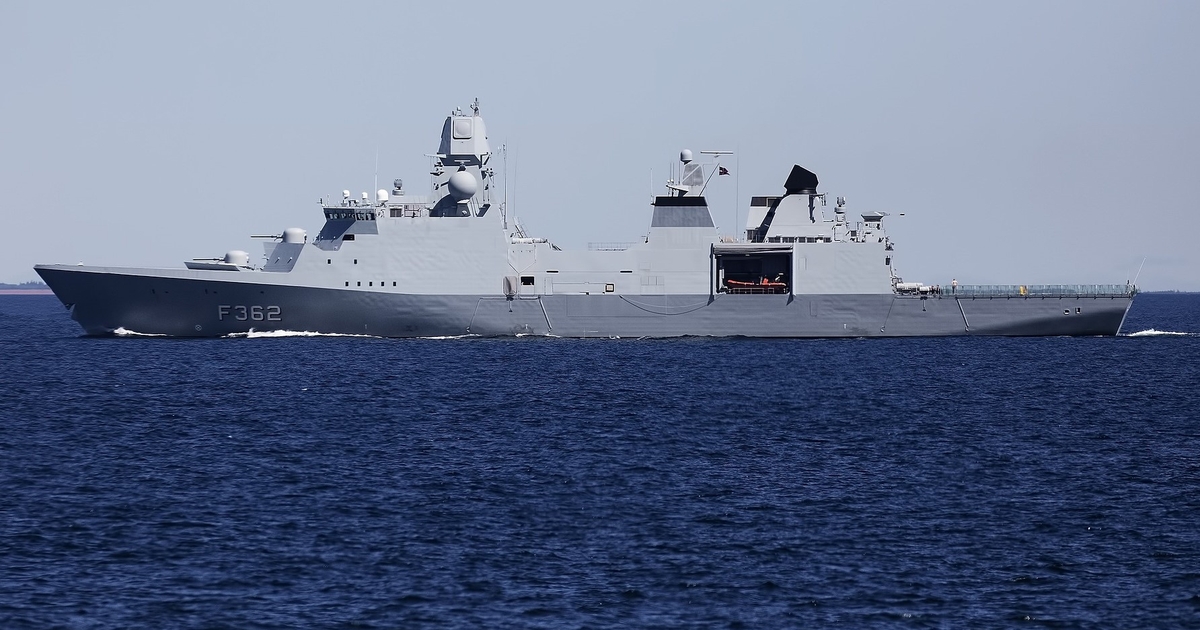

-
Because propaganda works. If propaganda didn’t work, companies would not advertise products and politicians wouldn’t run campaigns. Rich sponsors fund politicians who promise to look after their interests. Well-funded politicians run better campaigns and win.
-
Because politicians are, nearly without exception, above middle class, if not outright rich. They won’t act too radically against their own class interests.
The only solution I know comes from ancient Athens. Sortition -> you hold a lottery to draw representatives. A few extremely stupid people will be drawn into parliament, but idiots are far better than sociopaths, and the current system gives undue representation to sociopaths (willing to climb over bodies if that gets them to power). If one then dislikes the idea of a considerable percentage of bumbling fools (as opposed to cunning predators) in parliament, one must feed everyone well, treat all childhood diseases and educate everyone as well as possible. As if their rational decisions were needed tomorrow.





True.
Hunger for power would exist, but a critical feature that currently exists - the means of returning to power - would be absent.
Bribes would be a concern, so good pay and anti-corruption mechanicms would still be required.